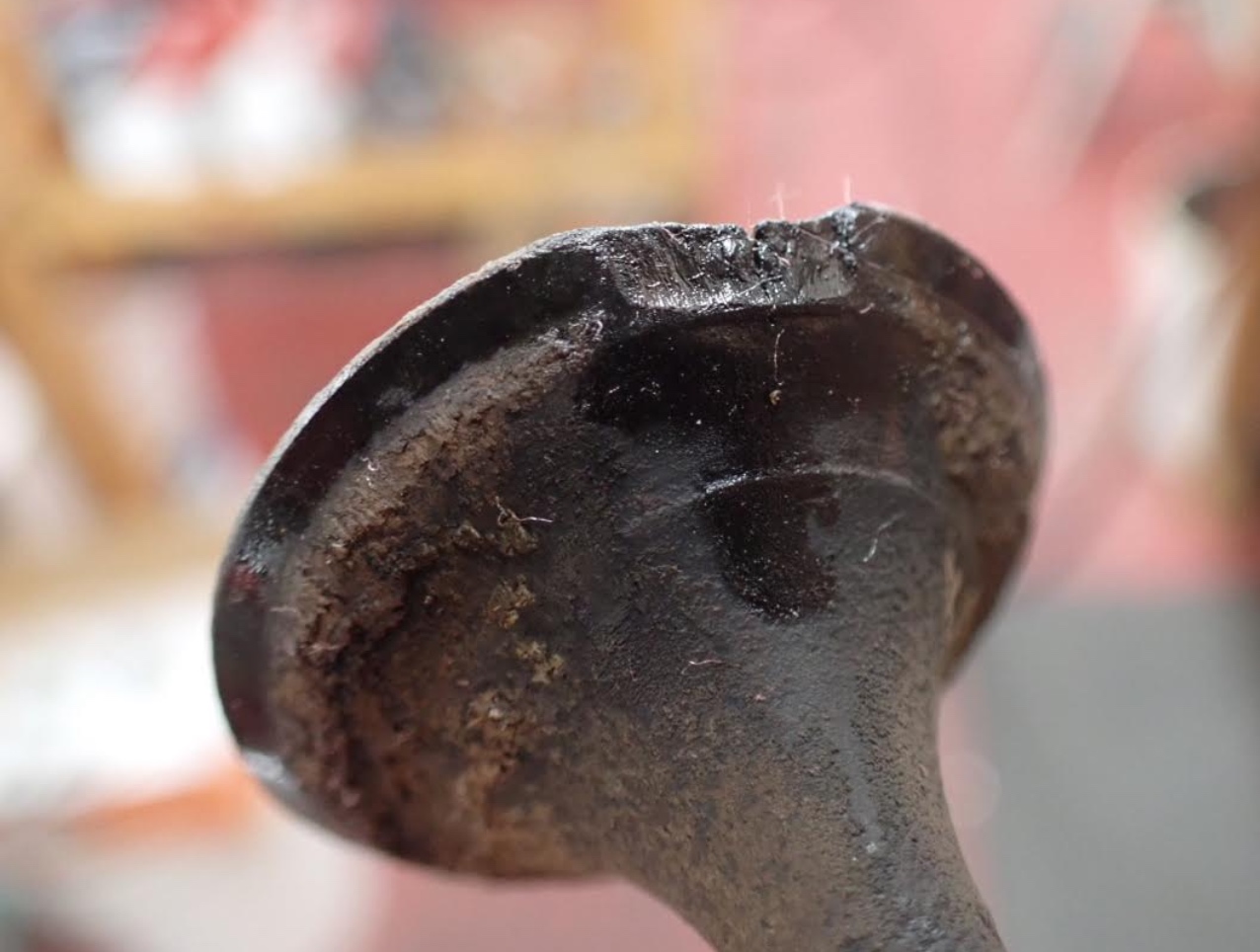  ® ®
|
The importance of maintenance |
I have a machine in the shop right now that has no oil in the engine (and what little there is is pitch black) and shows many other signs of having had little to no maintenance over its 32,000 miles and almost 40-year existence. Can you say, "rough"? Totally neglected.
I suspect most are aware that vintage bikes require more maintenance than do newer models. But you may not realize that they do so by design, not simply due to age. Take a look at your 1970s Honda owner's booklet. Late 60s to early 70s maintenance intervals were just 3,000 miles apart, and 80s bikes only double that. Yup. A little shocking in the present powersports climate of 25,000-mile valve adjustments, don't you think?
But it's real, and it's critical. And what I am planning to tell this customer who is no doubt going to be very surprised when hearing the estimate, is this: "Buddy, think of it this way. The money you saved over those years not doing necessary maintenance you now get to spend all at once." It's almost vehicular Karma. But whatever you label it, is that any way to treat a motorcycle? And this customer will likely have to spend a little more than the equivalent of all those years. You can almost bet on it.
I'm afraid many riders view maintenance as something performed only when something goes wrong. Maintenance by crisis, in other words. Perhaps we have been lulled into this complacency by the absence of the kinds of troubles cars and motorcycles used to give a couple generations ago; their dramatically decreased incidents of breakdown. Their utter reliability. To the point we have learned to treat vehicles as disposable. They virtually are, you know. Use 'em til they start costing you and replace 'em. Unfortunately, however true this may be for 2019 cars, it just doesn't work for 1970s and 1980s motorcycles.
I didn't start writing this article thinking of Robert Pirsig but now suddenly I am remembering him and his maintenance as meditative catharsis ethos. As a lifelong mechanic I have a strong empathy for something like that philosophy, but I would rather instead call it taking responsibility for the reality of entropy; heading off at the pass problems that will surely come if they are not anticipated. Why the word "preventative" is often used when describing necessary maintenance.
While maintenance as an ethos was common among riders of the 60s and 70s and 80s, we of the current era must work at it; be proactive and intentional; make more of an effort in this day in which the maintenance ethic has, very demonstably, been lost.
|
Email me
© 1996-2022 Mike Nixon
